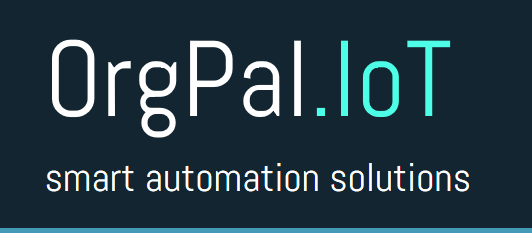Our mantra is about making it easy to write C# code for embedded systems! And all what we're doing here is about that. This free and Open Source platform that enables the writing of managed code applications for constrained embedded devices. As a developer, you can use your powerful and familiar tools like Microsoft Visual Studio IDE and your .NET C# skills to write code on a microcontroller.
Most of the core team members and contributors are embedded systems enthusiasts, passionate about coding and people that like challenges. The work on .NET nanoFramework is done mostly in their free time. Some of the core members happen to work for companies that heavily sponsor .NET nanoFramework and offer their work hours to move the project forward. If you use .NET nanoFramework for as part of your product or just want to support it, please donate. This allows us to pay for the infrastructure costs and more time investment on the project. Besides monetary contributions, there are several other ways to contribute. Please read the documentation about this here.
Sponsors will get their logo and a link to their website on our GitHub readme and also on our home page.
Backers are individuals who contribute money to help support nanoFramework. Every little bit helps and we appreciate all contributions, even the smallest ones.
.NET nanoFramework is a free and Open Source platform that enables the writing of managed code applications for constrained embedded devices. It is suitable for many types of projects including IoT sensors, wearables, academic proof of concept, robotics, hobbyist/makers creations or even complex industrial equipment. It makes the development for such platforms easier, faster and less costly by giving embedded developers access to modern technologies and tools used by desktop application developers.
Developers can harness the powerful and familiar Microsoft Visual Studio IDE and their .NET C# knowledge to quickly write code without having to worry about the low-level hardware intricacies of a microcontroller. Desktop .NET developers will feel "at home" and are able to use their skills in embedded systems development, enlarging the pool of qualified embedded developers.
It includes a reduced version of the .NET Common Language Runtime (CLR) and features a subset of the .NET base class libraries along with the most common APIs included in .NET IoT allowing code reuse from .NET IoT applications, thousands of code examples and open source projects. Using Microsoft Visual Studio, a developer can deploy and debug the code directly on real hardware.
The .NET nanoFramework platform picks up where .NET Micro Framework left off and uses some of its building blocks. Many of the original components were completely rewritten, others improved and some simply reused. A lot of code cleansing and improvements took place to make .NET nanoFramework fit for the future!
Read along and find out why use .NET nanoFramework?
You can watch this video from the Microsoft IoT Show featuring .NET nanoFramework connected to Azure IoT Hub, measuring a BMP280 sensors and using the unique deep sleep feature from MCU. A real life example with .NET nanoFramework:
Explore our knowledge base, API documentation, samples, guides and tutorials.
- Getting started guides
- Build instructions
- Reference target boards
- Community provided target boards
- ESP32 specific content
- STM32 specific content
- TI specific content
Make sure you go thought our beginner series guiding you with theory and practice to know more about GPIO, ADC, DAC, I2C, SPI, UART/Serial Ports.
Know how to contribute to .NET nanoFramework project.





